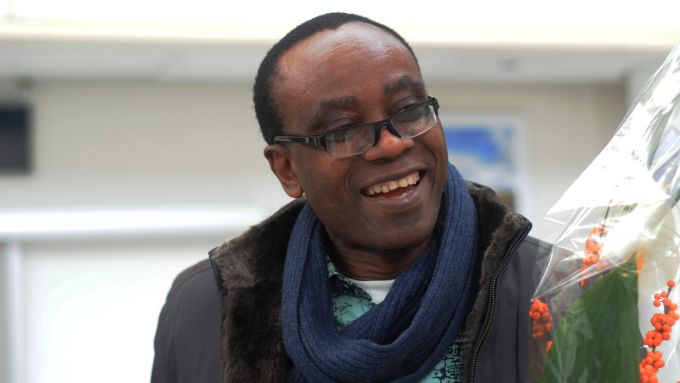The illusion that the petroleum civilisation will last into the foreseeable future has always been a marker that our vision is rather limited. The civilisation has been preserved by our collective myopia. You may call it wilful denial.

It has been easy to ignore the cases of gross ecological harms imposed by petroleum extraction and exploitation on communities and territories simply because the power structures could drown out the voices of the people. Power structures hosted in shiny skyscrapers and expansive statehouses could pretend not to know the gross damage and the rage of inequalities on the streets.
When cyclones, hurricanes, droughts, and other extreme weather events wreaked havoc on communities and nations, it was seen as opportunities to eliminate vulnerable communities living in locations preferred as vacation spots by the rich and the well-heeled.
Calls for economic diversification away from dependence on the fossil fuels sector are often seen as insane because the pockets were deemed to be bottomless.
People even said that some economies could simply not survive a post petroleum era. They painted pictures of starving, helpless populations who could only be pulled out of misery by revenues yielded by the fossil fuel sector. They saw the sector as the major provider of jobs and the good life.
It was impossible to imagine the possibility of enjoying the good life without energy and power provided by fossil fuels. How would intercontinental travels and highspeed movement on superhighways be undertaken without fossil fuels? How could foods be harvested in one end of the world and eaten the next day at a distant spot on the planet? And how about the flowers harvested in Latin America or Africa and destined for the visual and nasal pleasures of lovers somewhere in Europe or North America?
The idea that high-input industrial monoculture agriculture was destroying habitats and biodiversity, harming the planet, promoting wastes and even affecting human health were seen as unavoidable trade-offs in the pursuit of meat, uniform food products and profit.
Then came the special variant of coronavirus and the attendant COVID-19 pandemic. The pandemic came with a heightened sense of panic. National borders got closed. Routine international air travels got halted.
Offices, factories and markets got closed. Humans became locked up in their homes or neighbourhoods. Gatherings of more than 20 persons became classified as large gatherings. Sports activities, including famed soccer, cricket, baseball and basketball leagues shuttered down. No big weddings or funerals. The world descended into a season of the unthinkable.
It has never been in doubt that fossil fuels are not renewable resources and that the stocks were finite. Besides the fact that they are wasting resources, it has also been known that burning them was harmful to the climate. The fossil fuel sector invested heavily in sponsoring climate denial as well as blocking real climate actions at both national and global levels. If the monies invested in image laundering and climate change denial has been channelled into clean energy development, the world would have been at a better standing than it is today.
Standing at the climate change precipice, restrained by a pandemic, humans have been literally quarantined and forced to accept the lifestyles that were hitherto unthinkable in their highly sophisticated societies. This would have been a time for neighbours to get to know one another, for communities to forge closer ties, but we have seen highly divisive tendencies. At a point we see communities refusing to allow ship berth at their port for fear of transmission of the virus. Is it not strange that people could tell their compatriots to float away and perish wherever as long as they did not bring a threat of the virus onshore?
Besides the fact that humans are caged by the pandemic, the greater challenge may be that of economic collapse. The economic turmoil, and especially the collapse of crude oil prices, poses a serious challenge to politicians and their corporate sponsors. If the collapse persists, politicians will be forced to change their perception matrix and know that they are elected by the people, not by corporations and that the well-being of the people is more important than the profit margins of corporations.
This oil price slump is a clear warning that even if the prices rebound, the days of the civilisation driven by this sector are truly numbered. It is simple wisdom that to be forewarned is to be fore armed. Moving on bullishly as if nothing is at stake is to blindly drive on to catastrophe. The pandemic has given the world a moment for reflection. Remaining stubborn and unreasonable is not an option.
Nnimmo Bassey is Director, Health of Mother Earth Foundation (HOMEF)
